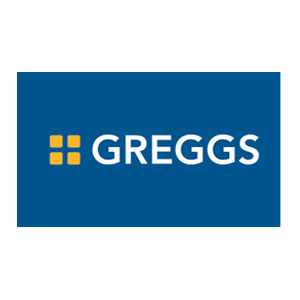
 Using up to 15,500 litres of water to produce one kilo of beef, occupying nearly 70% of agricultural land and being a source of greenhouse gases - meat production has now become a major ecological problem. Whilst it is essential to change our eating habits, it is not easy to write off a food family that plays an important role in numerous culinary traditions.
Using up to 15,500 litres of water to produce one kilo of beef, occupying nearly 70% of agricultural land and being a source of greenhouse gases - meat production has now become a major ecological problem. Whilst it is essential to change our eating habits, it is not easy to write off a food family that plays an important role in numerous culinary traditions.
For some, the prospect of creating meat without slaughtering animals has become a new objective. In April 2013, Professor Mark Post of the University of Maastricht, nicknamed Mister Frankenburger presented the first artificial beefburger, made from stem cells taken from the muscle of a cow, and then developed in a test tube. This extremely expensive process is not yet ready to join supermarket shelves, unlike the products made by the Beyond Meat Company.
Beyond Meat brand products are already sold in more than 4,000 supermarkets in the USA and Canada, as vegetable beef mince and chicken breast. At first glance, these products have the appearance of their 100% animal counterparts, the difference being that they are made 100% of plants, but with the same nutritional value as meat.
The beef mince is made only from pure pea proteins, and can be used to make lasagne, stuffed tomatoes and bolognaise. The fake chicken breasts are made from a mixture of plants, including fibres of carrots and soya. The chicken or beef aroma was also designed by Beyond Meat from vegetable extracts. As such, the products are suitable for vegan, vegetarian or gluten-free diets. The company states that no antibiotics or genetically modified ingredients are used during production.
Whilst the latter does not want to reveal its production process, it doesn't hide its list of investors. On its website, it states that it has received the support of Microsoft head, Bill Gates, the founders of Twitter Evan Williams and Biz Stone and the CEO of the Honest Tea company, Seth Goldman.

*Images from the Beyond Meat site: http://beyondmeat.com/
News in the same category
Belfast's student district is to gain a new addition in the form of Greggs, the ubiquitous bakery store that is the largest in the UK. The new shop will be the 15th in Northern Ireland and the eighth in the Belfast district.
At a time when blue gold is already a challenge for many countries, the Casa del Agua bar collects, distills, purifies and re-mineralises Mexico rainwater, in front of the client. Served and sold, it retails at 40 dollars for a 600mL bottle.
Adopted in 2011, the INCO regulation on the labelling of foodstuffs enters into force tomorrow. Allergens and nanomaterials are amongst the information that becomes compulsory on products, even for restaurants and on internet.
Based on consumer research, supermarkets are cited as being a leading source of plastic based waste although some are adopting methods to reduce their plastic footprints. However, it's not the responsibility of the big players to begin creating a shift.




